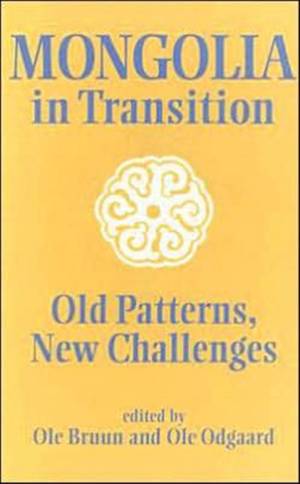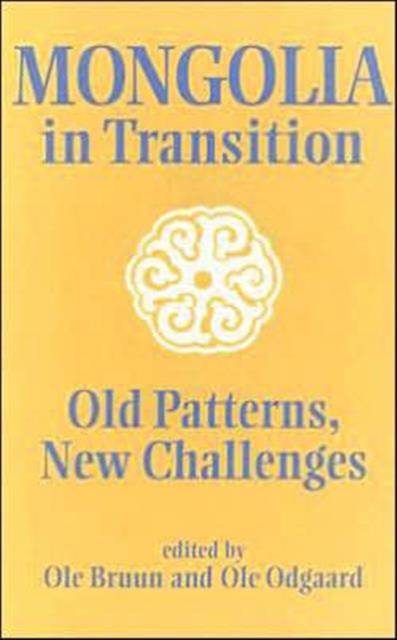
- Afhalen na 1 uur in een winkel met voorraad
- Gratis thuislevering in België vanaf € 30
- Ruim aanbod met 7 miljoen producten
- Afhalen na 1 uur in een winkel met voorraad
- Gratis thuislevering in België vanaf € 30
- Ruim aanbod met 7 miljoen producten
Zoeken
€ 290,45
+ 580 punten
Uitvoering
Omschrijving
Squeezed between powerful neighbours, for decades Mongolia played the role of buffer state. Its full independence in 1990 offered new opportunities for both economic growth and the restoration of Mongolian identity. But with a huge land area, poor infrastructure and a small population, the new republic is highly vulnerable and also dependent on international support. This book provides easily accessible information for developers, planners, consultants, scholars, students and others with an interest in contemporary Mongolia. Prefaced by a general overview of the land and society, its chapters, all written by international experts, cover a wide range of topics, including foreign policy, domestic politics, local government structure, living standards and poverty, women in society, grassland management, the common herding household, and science and technology policy. A comprehensive bibliography is provided.
Specificaties
Betrokkenen
- Auteur(s):
- Uitgeverij:
Inhoud
- Aantal bladzijden:
- 284
- Taal:
- Engels
- Reeks:
Eigenschappen
- Productcode (EAN):
- 9780700704187
- Verschijningsdatum:
- 10/10/1996
- Uitvoering:
- Hardcover
- Formaat:
- Ongenaaid / garenloos gebonden
- Afmetingen:
- 148 mm x 209 mm
- Gewicht:
- 503 g

Alleen bij Standaard Boekhandel
+ 580 punten op je klantenkaart van Standaard Boekhandel
Beoordelingen
We publiceren alleen reviews die voldoen aan de voorwaarden voor reviews. Bekijk onze voorwaarden voor reviews.











